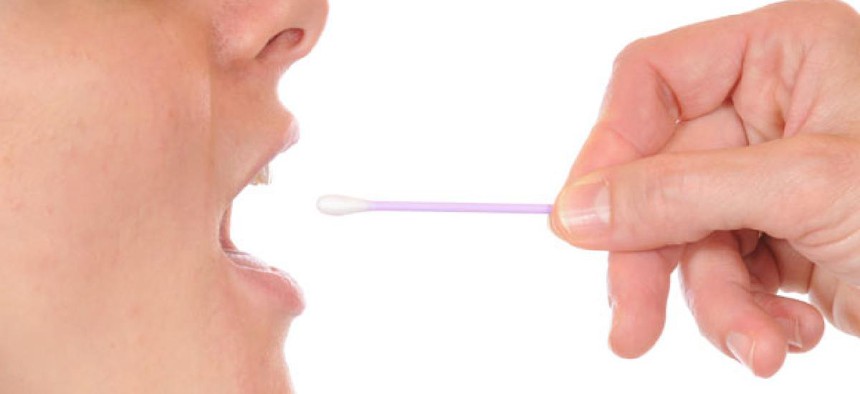This Month's Other Crucial Privacy Debate: The Rocky Future of Arrestee DNA Collection

PeJo/Shutterstock.com
The ruling is poised to have broad legal implications, since 28 states have a similar law that permits DNA collection upon arrest.
Last week, the Supreme Court ruled 5-4 that Maryland has the right to collect DNA evidence from people arrested for — though not yet convicted of — a serious crime. The ruling is poised to have broad legal implications, since 28 states have a similar law that permits DNA collection upon arrest. It should also spark a broad social debate, weighing matters of civil liberties and privacy against public safety and forensic science.
There's no straight path forward here, so I'm going to breakdown the three main arguments for, against, and qualifying the decision.
First some background. The case centered on a man named Alonzo King who was charged in 2009 with assault for brandishing a shotgun. A DNA sample swabbed from him at booking turned up a database match for an unsolved rape from 2003. King was convicted of the rape, but Maryland's Court of Appeals overturned the low court, calling the cotton swab an unlawful search. The new Supreme Court judgment reversed the Court of Appeals.
Read more at The Atlantic Cities.
(Image via PeJo/Shutterstock.com)





